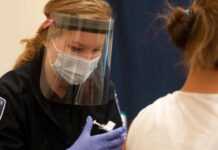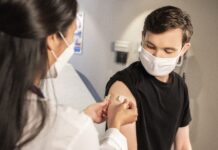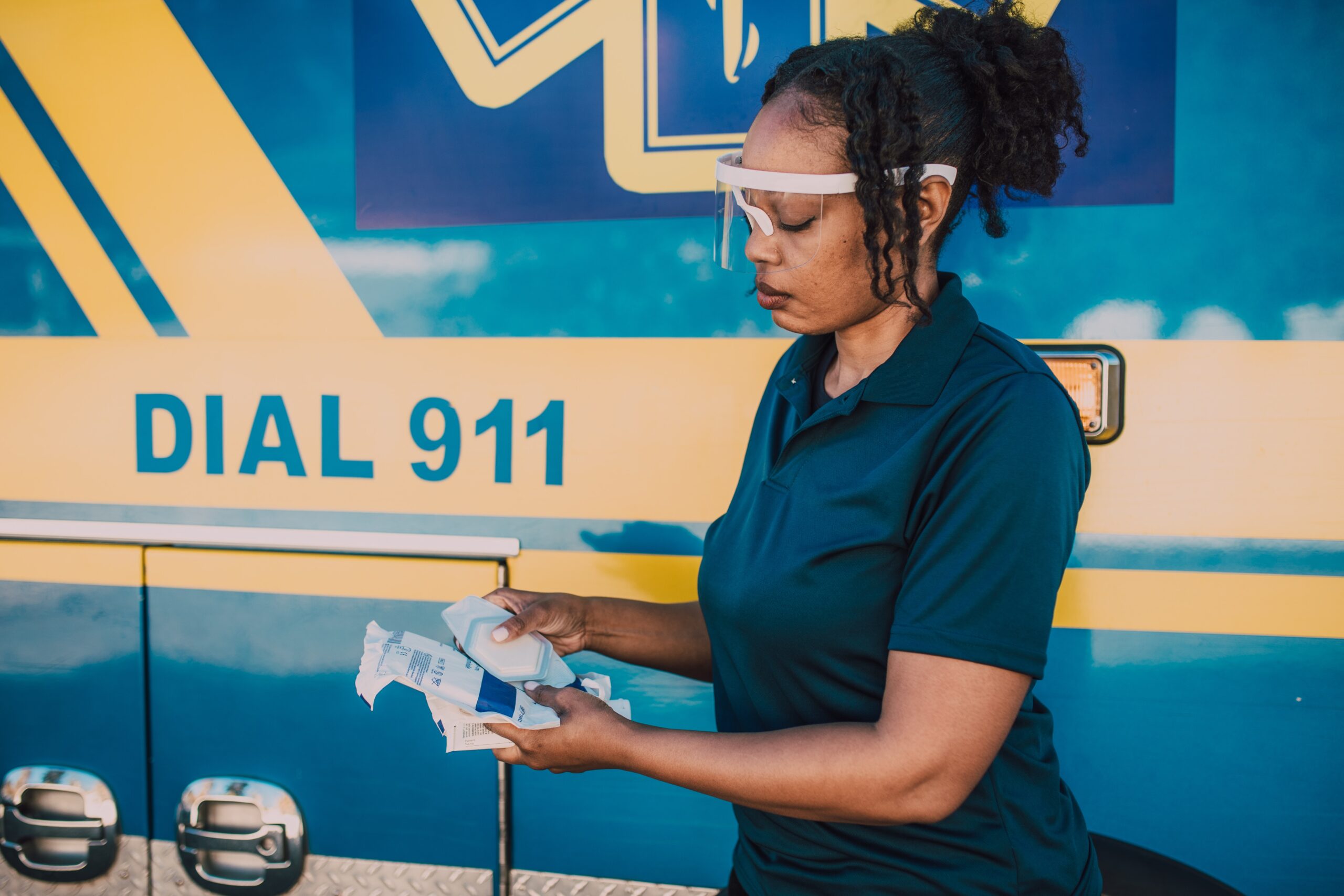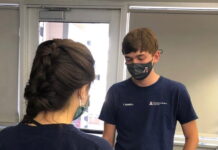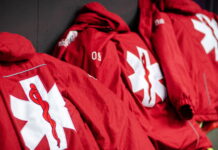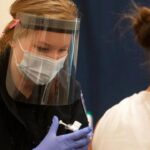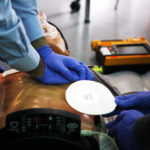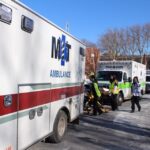Standing Up and Staffing a Covid Vaccine Clinic on a Collegiate Campus
The University of California – Davis Fire Department discusses their experience setting an administering an on-campus COVID-19 vaccine clinic.
Lessons Learned and Opportunities for CBEMS Growth Following the COVID-19 Pandemic
JCEMS shares stories from CBEMS agencies and discuss potential areas of growth for CBEMS agencies moving forward.
Determinants of Volunteer Collegiate-Based Emergency Medical Service Budget Size
This unique study examines determinants of budget size and budget sources for a cross-section of collegiate EMS agencies.
Establishing a Collegiate Emergency Medical Service
Ferdowsian et al. share their experience establishing a new EMS team at the Claremont Colleges.
Lessons from Early Vaccination of Campus EMS Providers at the University of California, Davis
Mills et al. highlight UC Davis' experience with the vaccination of campus first responders against COVID-19.
Call to EMS Research: Disparities in Recruitment and Retention of Black Providers is an...
Hutchens discusses the need for further research into the issue of recruitment and retention of Black EMS providers.
Maintaining Collegiate EMS Readiness During COVID Campus Closures
Alatis and Nable discuss the impact of COVID-19 on campus EMS organizations and how teams can maintain operational readiness throughout the pandemic.
How the Blue Hens are Responding to COVID-19
Amid a global pandemic, JCEMS talks with he University of Delaware’s EMS Squad Director of Public Relations about shifts, PPE, recruitment, and more.
Implementation of a Peer Support Program for Campus First Responders
The implementation of Peer Support is one step CUSERT has taken towards improving mental health support for campus first responders.
A Survey of Canadian, Student-Run Campus Emergency Medical Response Teams
Formosa et al. provide an overview of Canadian student-run campus emergency medical response teams, examining aspects including training, operations, and organizational status.

